Blackberries Benefits, Nutrition, Side Effects, And Recipes
Benefits like lowering cholesterol and boosting skin health to recipies like a smoothie and pie.
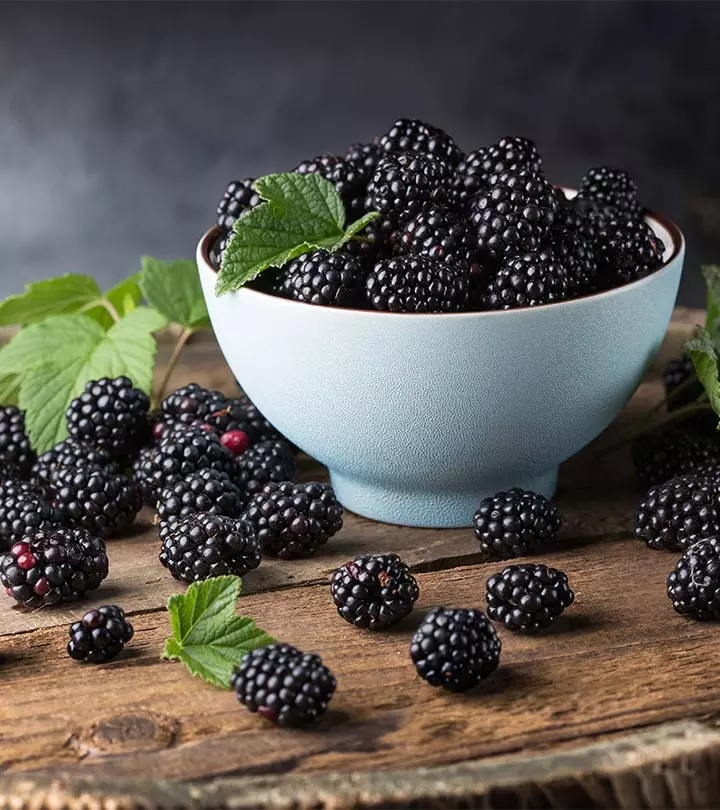
Image: Shutterstock
Berries, especially blackberries, are always a healthy and go-to snack option for weight watchers. The benefits of blackberries are numerous and can be attributed to their rich nutrient profile. Blackberries are a healthy addition to your diet, and you can also make desserts, jams, and baked goodies with these tiny, dark-hued berries. They can also fit into your cereal bowl and be used as toppings on your smoothie. These nutrient-dense berries can benefit you in multiple ways. Read on to know more about blackberries, their nutritional value, ways to include them in your diet, and possible side effects. Scroll down.
In This Article
What Is Blackberry?
Like its colorful siblings, strawberries, and blueberries, blackberries belong to the family Rosaceae. Seen as a wild plant due to its prickly and rough appearance in ancient times, this shrub was used by some cultures around the world for its medicinal properties. Used by the Greeks and Romans for making tea, today, blackberries are used to make jams, marmalades, or even as a topping on your favorite cereal. Even though it is hard to pin the origin of blackberries, it is now grown in all continents except Australia and Antarctica. With a rise in popularity, blackberries are being used all over the world for their health benefits. With a sweet and slightly tangy taste, blackberries are nature’s dessert for us.
 Did You Know?
Did You Know?These tiny berries are delicious and can be a great addition to our diet. But before we go into that, let’s see what kind of nutrients blackberries offer us.
Key Takeaways
- Blackberries are rich in anti-oxidants and fiber.
- They reduce cancer risk, improve brain function and skin health, and aids in weight loss.
- Blackberries can be added to any meal of the day and are a great snacking option.
Nutritional Information Of Blackberries
According to the nutritional information provided by The US Department of Agriculture, 1 cup of blackberries gives you 61.9 calories with a generous boost of 13.8g of carbohydrates and 7.6g of fiber. With just 0.7g of fat, you do not have to worry about putting on those extra pounds. Also with rich content of calcium, vitamin C, vitamin K, potassium, and magnesium, these berries are a very good source of nutrition (1).
| Nutrient | Amount |
|---|---|
| Carbohydrates | 13.8 g |
| Fiber | 7.6 g |
| Fat | 0.7 g |
| Vitamin C | 30.2 mg |
| Vitamin K | 28.5ug |
| Magnesium | 28.8 mg |
| Calcium | 41.8 g |
| Potassium | 233 mg |
Now that you know blackberries’ nutritional data, let us delve deeper into the different health benefits blackberries have to offer.
What Are The Potential Health Benefits Of Blackberries?
Blackberries’ benefits are numerous. From playing a major role in fighting cancer to having anti-inflammatory properties, let us see what research has to say (2).
- May Help Lower Cholesterol Levels
The World Health Organization says that high cholesterol levels increase the risk of developing cardiovascular diseases and stroke. With a global prevalence of 39%, it is important that we find healthier ways to decrease cholesterol levels (3). According to a study that was conducted, hamsters with high cholesterol levels were given 5ml of blackberry nectar everyday. The researchers saw that the hamsters who had consumed blackberry nectar showed a decrease in their total cholesterol, triglycerides, and LDL cholesterol (bad cholesterol) levels, showing great promise in the treatment of cholesterol (4 ).
- May Help Fight Cancer
Blackberries contain water-soluble compounds known as anthocyanins that are found in different fruits that give them their beautiful color (5). These dark-hued berries have shown that they have immense potential in fighting cancer. A study was conducted to see the effect of blackberry extract on human colorectal cancer cells. The experts found that the blackberry extract had inhibited the growth of six cancer cell lines, indicating that blackberry extract played a role in inhibiting the growth of cancer cells (6). Another study found that blackberry was essential in inhibiting cell growth of breast, lung, colon, and gastric human tumor cells, suggesting that blackberry may play a key role in fighting cancer (7 ).
- May Play A Role In Preventing Oral Infection
An in vitro study was conducted to examine the antibacterial properties of blackberry extract against oral bacteria. The results showed that within an hour of exposure to blackberry extract, it had reduced the metabolic activity of three oral bacteria, indicating that blackberry may play an active role in the prevention of oral infection (8).
- May Improve Brain Function
While more research needs to be done to support this claim, blackberries have been shown to improve overall brain functioning. A study was done on 344 aged Fischer rats to see the effect of a blackberry supplemented diet on motor and cognitive function. The researchers saw an improvement in the motor function in regard to balance and coordination. Along with this, they also found that there was an improvement in their short-term memory (9).
- May Help In Improving Your Skin Health
In a study, blackberry and dill were combined to see their effect on skin elasticity. The researchers saw that the combination of blackberry and dill extract improved skin elasticity as compared to each ingredient individually. More research needs to be done to understand blackberries’ benefits for the skin (10).
- May Aid In Weight Loss
Research suggests that increased insulin sensitivity is linked to weight loss (11). With blackberries gaining popularity as a healthy food, researchers have been increasingly studying this super berry more. In a study, twenty-seven obese and overweight males were either given 600 grams of blackberries or gelatin everyday for a week before a glucose tolerance test was conducted. The results showed that those men who were given blackberries showed improved insulin sensitivity, indicating that blackberries may aid in weight loss but more studies will need to be conducted on humans to understand this phenomenon further (12).
- High In Antioxidants
In a study where the antioxidant levels of blackberries, black raspberries, and strawberries were examined, the results showed that blackberries and raspberries showed higher levels of antioxidants than strawberries (13). This is promising as antioxidants such as vitamins C and K help fight free radicals, compounds that have a damaging effect on our health (14). Vitamin C also plays an important role in collagen formation within bones, connective tissues, and blood vessels (15). Beyond this, it has potential benefits, including wound healing, skin regeneration, and reduction of free radicals (16). Vitamin K, on the other hand, plays an important role in maintaining bone health (17).
- High In Fiber
Despite their small size, blackberries stand out for their high fiber content, with nearly 8 grams of fiber in just one cup of raw blackberries. A diet that includes high fibre offers several benefits, including the potential to lower cholesterol, support regular bowel movements, regulate blood sugar levels by slowing sugar absorption, prolong the feeling of fullness after meals, and provide essential fuel for nurturing a healthy population of gut bacteria (18).
As you can see, the benefits of blackberries are many, be it aiding in shedding those extra pounds or helping you lower your cholesterol levels. While more research needs to be done, the results are promising. Let us read next about the different ways in which blackberries may be added to your diet.
How To Add Blackberries To Your Diet
Fresh blackberries are fruits that are versatile and can be added to any meal of the day, be it breakfast, lunch, dinner, or even a quick snack. Here are a few ways to prepare:
- You can add blackberries to your porridge or cereal if you want something tangy and sweet.
- On days when you are not feeling hungry and need something filling, a nice blackberry smoothie is the way to go.
- They are also a great ingredient to make pies and crumbles when you are craving something sweet.
- You can mix blackberries into your yogurt or use them as a topping for ice cream.
- Create homemade blackberry jam or jelly to spread on bread or toast.
- Snack on frozen blackberries as a cool, healthy alternative to ice cream or popsicles.
 Pro Tip
Pro TipIncorporating blackberries into your diet can add some color and a nice flavor to your daily food. Let’s look at some simple recipes of blackberries you can flip through.
List Of Popular Recipes With Blackberries
With so many recipes out there, here are a few simple ones that you can make anytime you want to.
Blackberry Smoothie
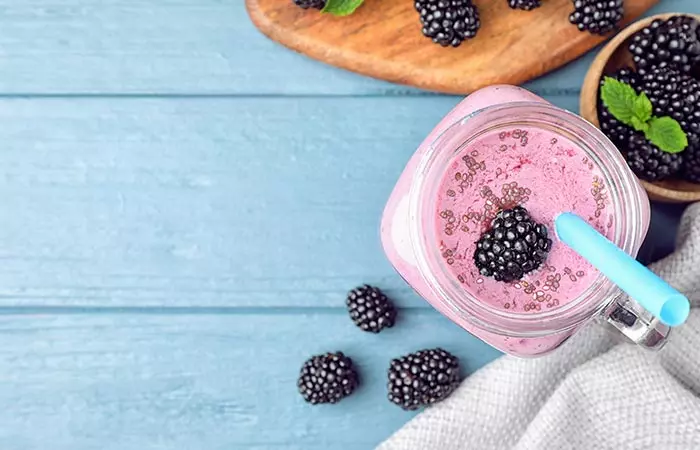
Ingredients
- 1 cup of frozen blackberries
- ½ cup of frozen pineapple chunks
- ½ cup of plain non-fat Greek yogurt
- 1 cup of unsweetened almond milk
- 1 tablespoon of honey
Instructions
- Add the blackberries, pineapple chunks, yogurt, and almond milk to a blender and blitz it till it is smooth. You can add more almond milk to make it less thick.
- Add 1 tablespoon of honey to complete your smoothie.
Adam, a blogger who shares gardening tips, after picking berries for a smoothie, discusses his approach to pruning blackberries. He mentions, “My approach to pruning blackberries, entails removing either any dead wood, or anything that gets in the way. Blackberry thorns can be viscous and numerous (i)!”
Blackberry Pie
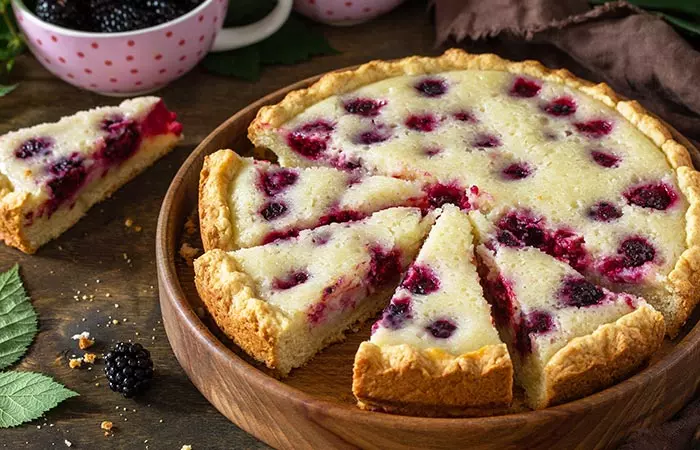
Ingredients
- 4 cups of fresh blackberries
- ½ cup white sugar
- ½ cup all-purpose flour
- 9-inch double-crust pie
- 2 tablespoons of milk
Instructions
- Preheat your oven to 425°F (220°C).
- Combine 3 ½ cups of blackberries with sugar and flour.
- Spoon the mixture into the unbaked pie shell.
- Spread the remaining ½ cup berries on top of the sweetened berries, and cover with the top crust.
- Seal the edges and cut vents in the top crust for steam to escape.
- Brush the top crust with 2 tablespoons of milk.
- Sprinkle ¼ cup sugar on top of the pie and put it in the oven.
- Bake in the oven for 15 minutes.
- Reduce the temperature to 375°F (190°C), and bake for another 20 minutes, until the filling is bubbly and the crust is golden brown.
- Cool the pie on a cooling rack and enjoy!
Blackberry fruit is a great addition to your diet as it can benefit your health in many ways. With that, let us see some possible side effects of blackberry.
Possible Side Effects Of Blackberry
Currently, there is no research that suggests that blackberries produce any possible side effects. They are relatively safe to consume. Washing them thoroughly before consumption is recommended. Now let’s see which of the berries is better for you, blackberries or blueberries?
Blackberry Vs. Blueberry – Which Is Best?
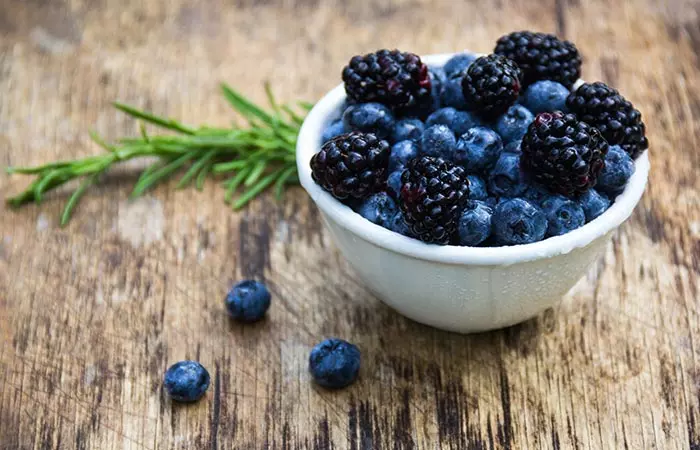
Both blueberries and blackberries benefit us in more ways than one. Blackberries, as seen from the earlier section, may help fight cancer, aid in weight loss, and do a lot more. Research has suggested that blueberries are packed with anti-inflammatory and antioxidant properties. Therefore, blueberry benefits your health in various ways, such as slowing down aging and fighting gastrointestinal diseases (19). While blueberries are tangy, and bordering on acidic, blackberries are sweet and juicy. If you are looking to add something sweet to your morning smoothie or cereal, blackberries would be the perfect addition to it. But if you are someone who likes their ice-cream or cake less sweet, then blueberries are your go to berries. Both berries are healthy in their own ways and it ultimately comes down to their availability and your personal choice.
Summary
The benefits of blackberries go beyond their delicious taste. They are frequently featured in many confectioneries, breakfast toppings, and dietary supplements. Blackberries are loaded with potent antioxidants, vitamins, and minerals that help promote overall health. They can help promote heart, brain, and oral health. In addition, they may help reduce the harmful effects of free radicals and reduce inflammation. They may also aid in weight management. Incorporating blackberries into your diet regularly allows you to enjoy their great taste while benefiting from their impressive health advantages. They are a wise choice for maintaining a healthy lifestyle. However, excess intake of the berries may cause problems. If you experience any adverse effects, limit their intake and seek medical advice.
Frequently Asked Questions
What happens if I eat too many blackberries?
Blackberries are safe to consume and have no potential side effects even if taken in excess. However, if you are allergic to them, blackberries may cause rashes, wheezing, and itching. Additionally, canned blackberries may contain preservatives and sugar that may trigger abdominal discomfort and weight gain.
Should I refrigerate blackberries?
Yes, blackberries should be refrigerated. However, do not wash them before refrigeration as it may trigger the growth of the mold in them. Hence, washing them right before consumption is advised.
Can you eat blackberries whole?
Yes, blackberries can be eaten whole to reap their benefits.
Do blackberries make you sleepy?
Blackberries may make you feel sleepy. The antioxidants in them may reduce stress and promote sleep quality. However, scientific research is required to prove the same.
Do you get maggots in blackberries?
Yes, there is a chance of getting maggots in blackberries. Soaking them in cold water and apple cider vinegar helps get rid of the maggots.
How long do fresh blackberries last?
If stored in a refrigerator, fresh blackberries can last for a week.
Can people with diabetes eat blackberries?
Yes, blackberries are safe for consumption for people with diabetes. They are a low glycemic food that can be consumed in moderation.
Discover the remarkable health benefits of blackberries and explore how these antioxidant-rich fruits boost brain health, support heart function. Include them in diet for a delicious and nutritious lifestyle upgrade.
Personal Experience: Source
StyleCraze's articles are interwoven with authentic personal narratives that provide depth and resonance to our content. Below are the sources of the personal accounts referenced in this article.
(i) Blackberry Smoothiehttps://carrottopsallotment.com/2014/08/02/summer-blackberry-smoothie-2/
References
Articles on StyleCraze are backed by verified information from peer-reviewed and academic research papers, reputed organizations, research institutions, and medical associations to ensure accuracy and relevance. Read our editorial policy to learn more.
- Blackberries
https://fdc.nal.usda.gov/fdc-app.html#/food-details/173946/nutrients - Potential Health Benefits of Berries
https://www.researchgate.net/publication/276957450_Potential_Health_Benefits_of_Berries - Raised Cholesterol
https://www.researchgate.net/publication/276957450_Potential_Health_Benefits_of_Berries - Benefits of Blackberry Nectar (Rubus spp.) Relative to Hypercholesterolemia and Lipid Peroxidation
https://pubmed.ncbi.nlm.nih.gov/22072342/ - Anthocyanidins and Anthocyanins: Colored Pigments as Food Pharmaceutical Ingredients and the Potential Health Benefits
https://www.ncbi.nlm.nih.gov/labs/pmc/articles/PMC5613902/ - Blackberry Extract Inhibits Telomerase Activity in Human Colorectal Cancer Cells
https://pubmed.ncbi.nlm.nih.gov/30372130/ - Anthocyanin Content, Antioxidant, Anti-inflammatory and Anticancer Properties of Blackberry and Raspberry Fruits
https://www.sciencedirect.com/science/article/abs/pii/S0889157509002622?via%3Dihub - Antibacterial Effects of Blackberry Extract Target Periodontopathogens
https://www.ncbi.nlm.nih.gov/labs/pmc/articles/PMC3540108/ - Effects of Blackberries on Motor and Cognitive Function in Aged Rats
https://pubmed.ncbi.nlm.nih.gov/19356316/ - A Blackberry-dill Extract Combination Synergistically Increases Skin Elasticity
https://pubmed.ncbi.nlm.nih.gov/32583541/ - Enhanced Insulin Sensitivity in Successful, Long-term Weight Loss Maintainers Compared with Matched Controls with No Weight Loss History
https://www.ncbi.nlm.nih.gov/labs/pmc/articles/PMC5519190/ - Blackberry Feeding Increases Fat Oxidation and Improves Insulin Sensitivity in Overweight and Obese Males
https://www.ncbi.nlm.nih.gov/labs/pmc/articles/PMC6115824/ - Antioxidant Activity in Fruits and Leaves of Blackberry Raspberry and Strawberry Varies with Cultivar and Developmental Stage
https://pubmed.ncbi.nlm.nih.gov/10691606/ - Free Radicals Antioxidants and Functional Foods: Impact on Human Health
https://www.ncbi.nlm.nih.gov/pmc/articles/PMC3249911/ - Efficacy of Vitamin C Supplementation on Collagen Synthesis and Oxidative Stress After Musculoskeletal Injuries: A Systematic Review
https://pubmed.ncbi.nlm.nih.gov/30386805/ - Vitamin C: a wound healing perspective
https://pubmed.ncbi.nlm.nih.gov/24796079/# - Vitamin K and bone health
https://pubmed.ncbi.nlm.nih.gov/24090644/# - Health benefits and practical aspects of high-fiber diets
https://pubmed.ncbi.nlm.nih.gov/8172129/ - Recent Research on the Health Benefits of Blueberries and Their Anthocyanins
https://pubmed.ncbi.nlm.nih.gov/31329250/
Read full bio of Dr. Sandeep Jassal
Read full bio of Varsha Patnaik
Read full bio of Ravi Teja Tadimalla
Read full bio of Payal Karnik







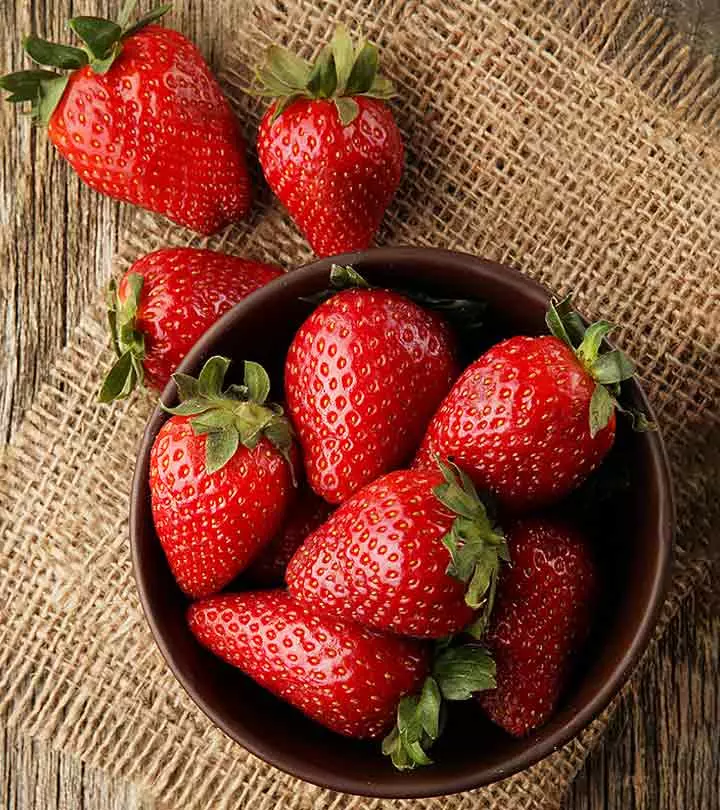
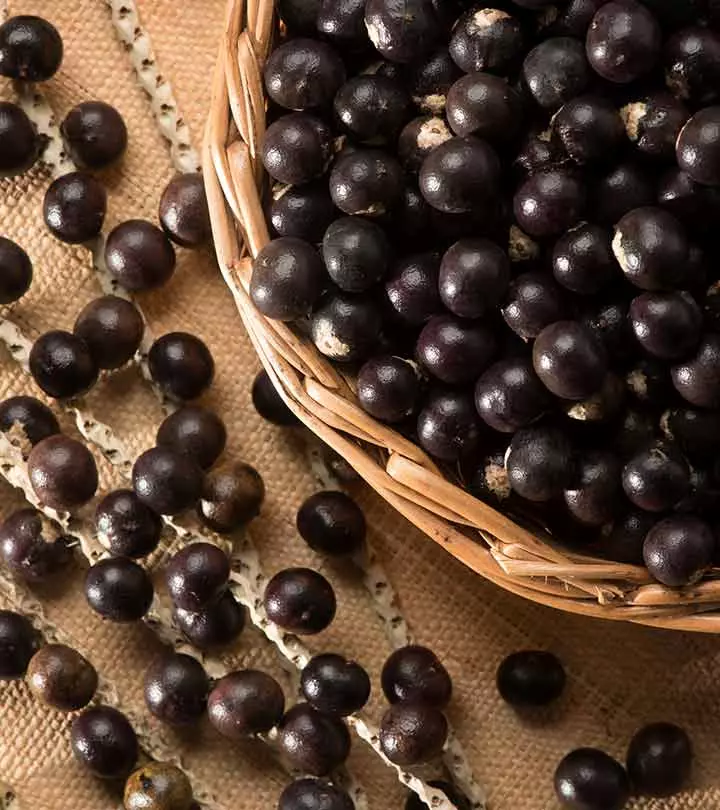
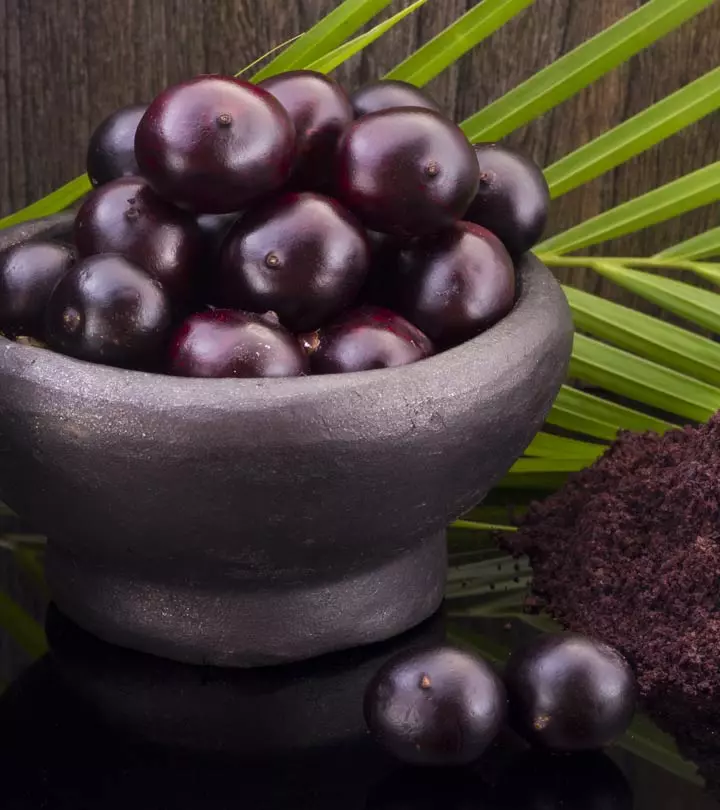
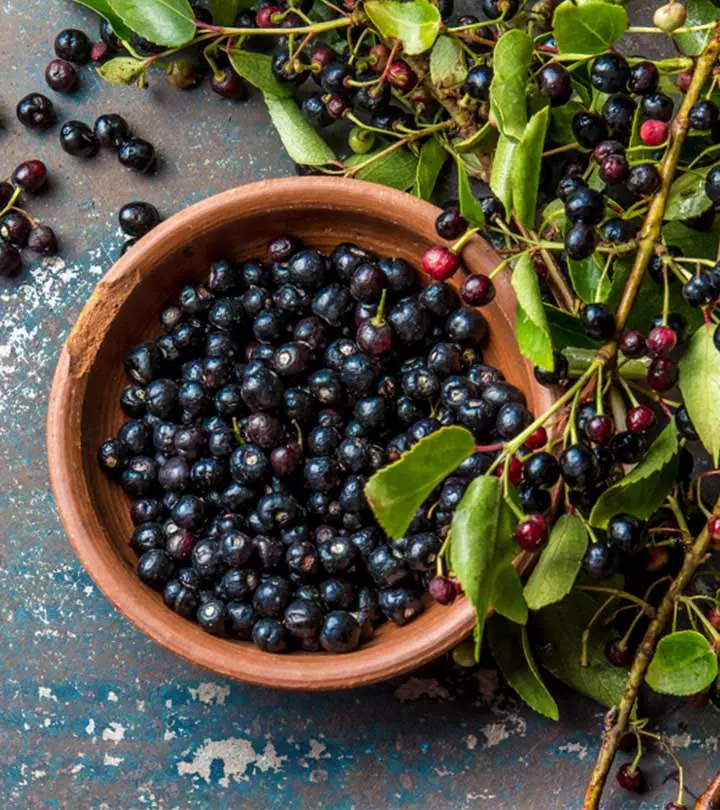
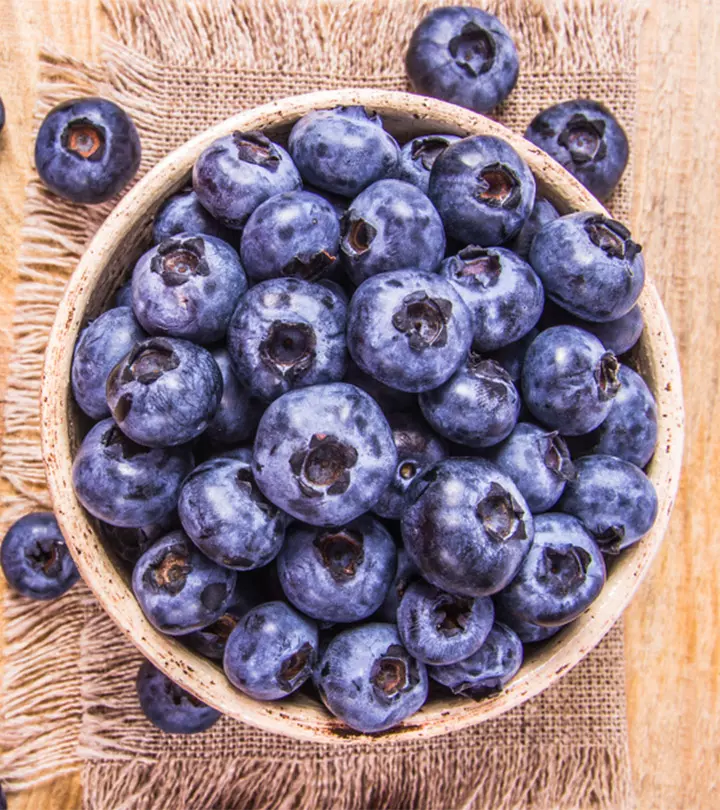
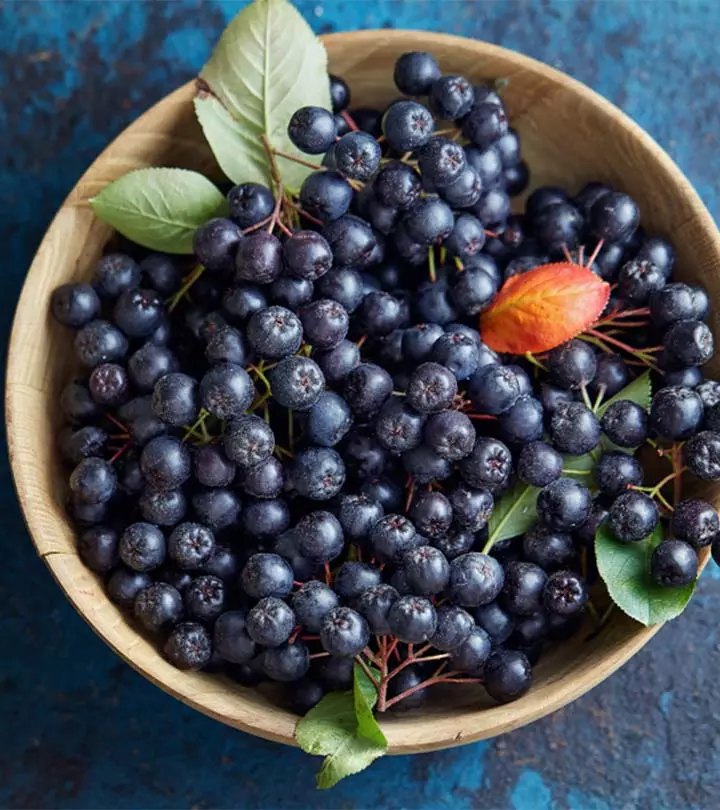
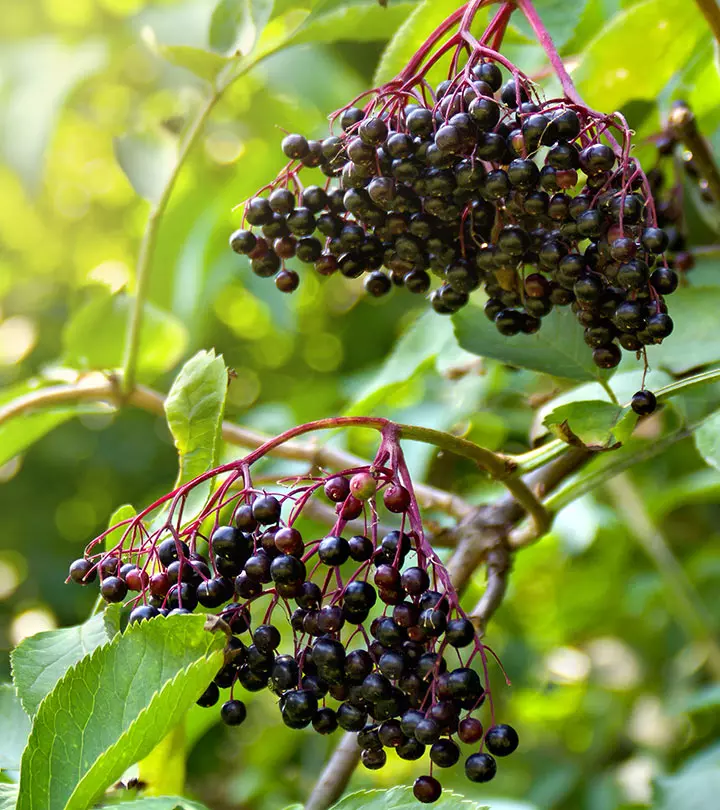
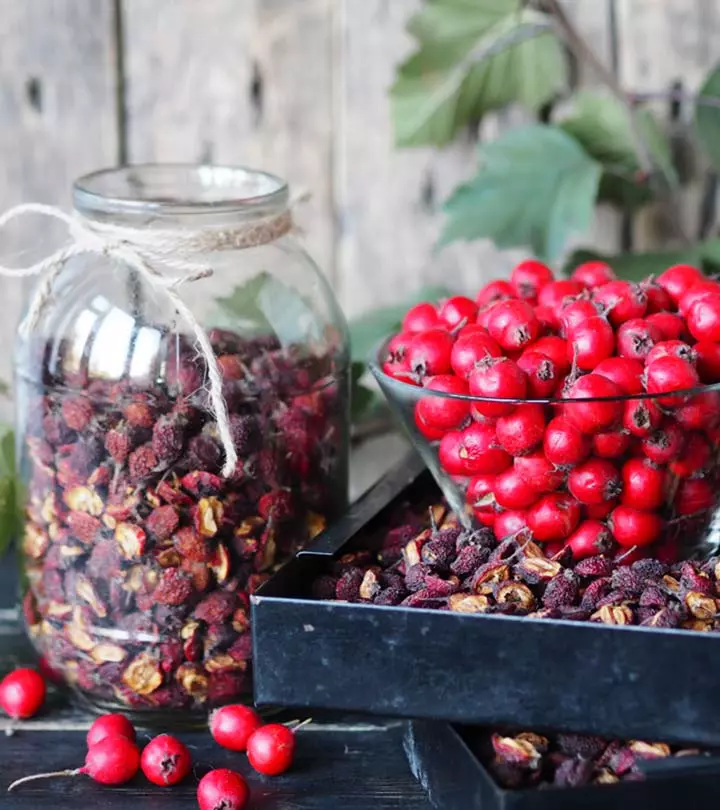
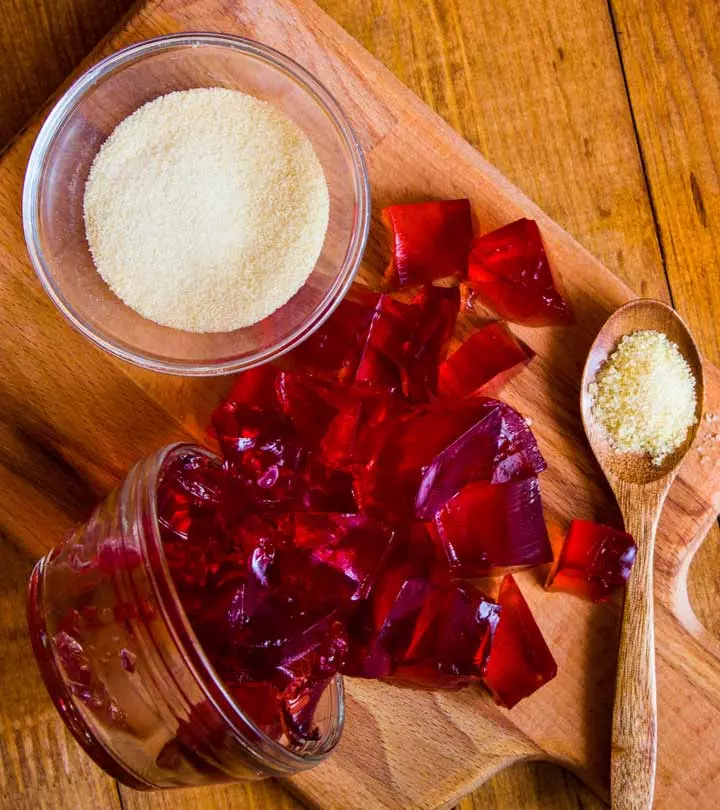
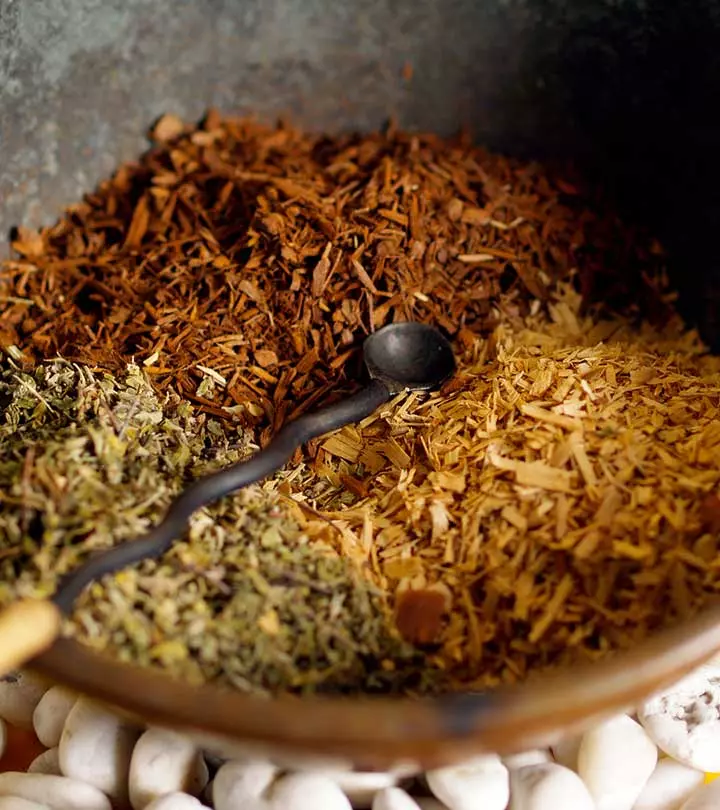


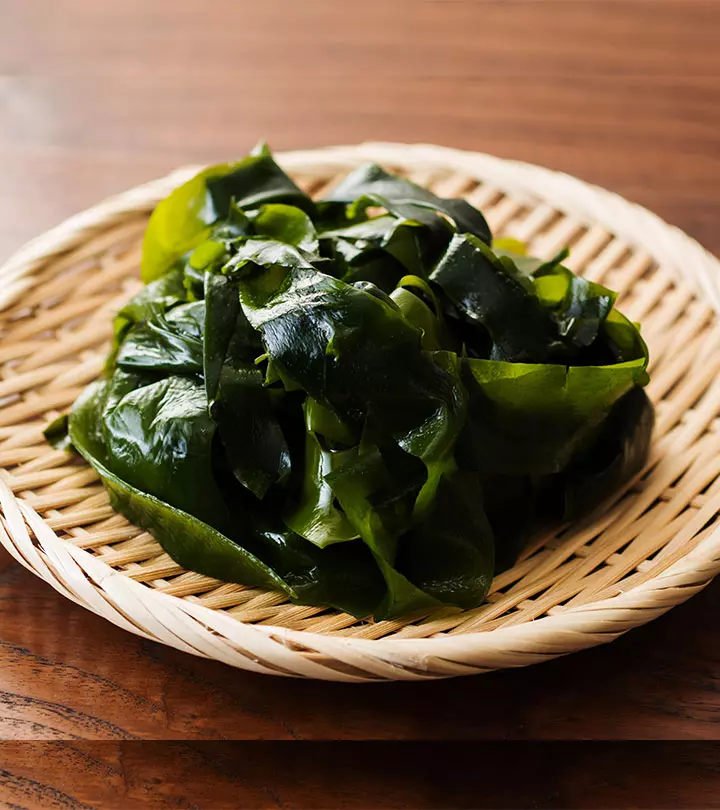
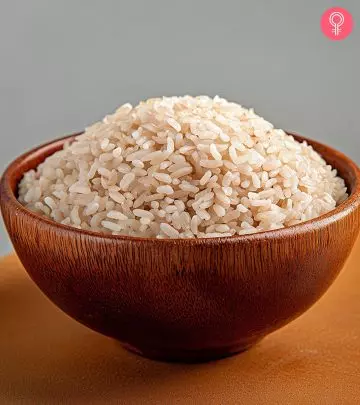
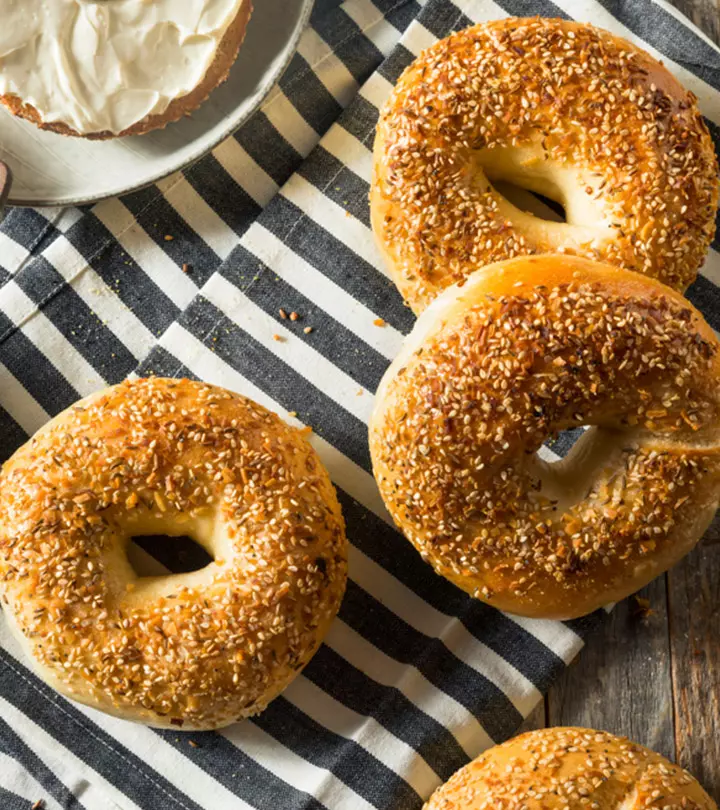
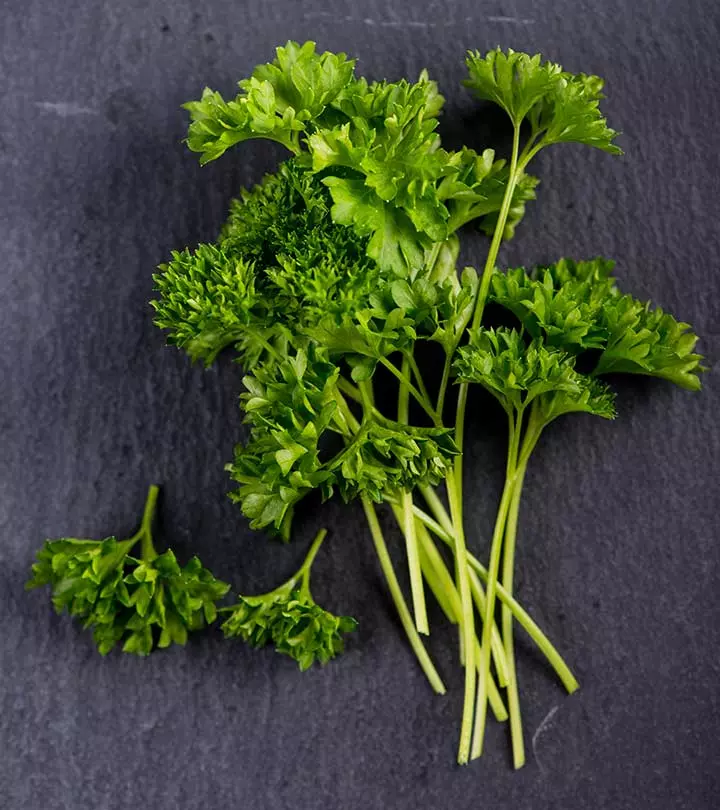
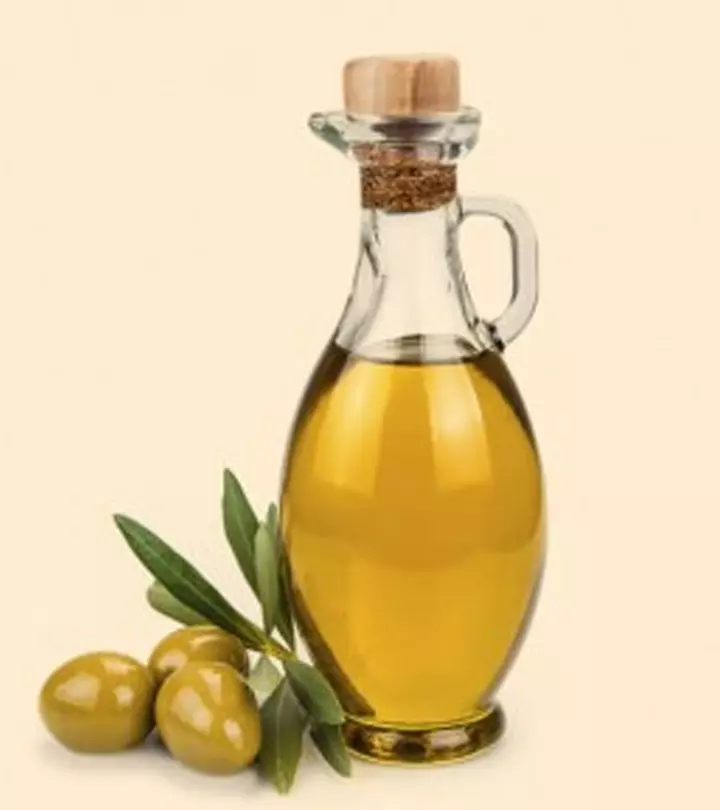
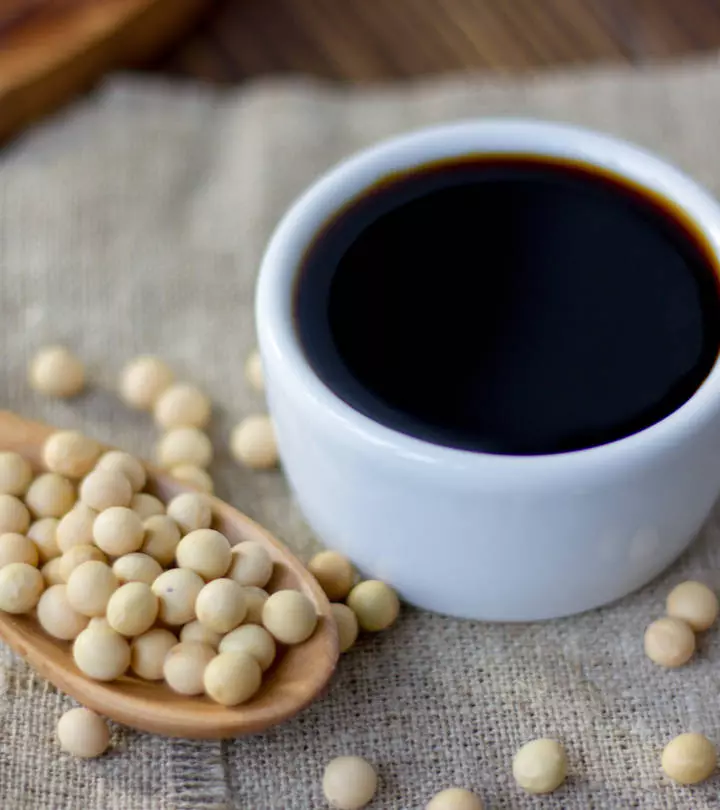


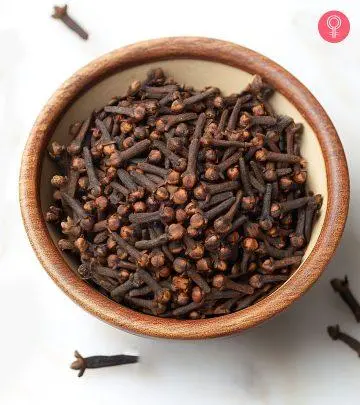
Community Experiences
Join the conversation and become a part of our empowering community! Share your stories, experiences, and insights to connect with other beauty, lifestyle, and health enthusiasts.